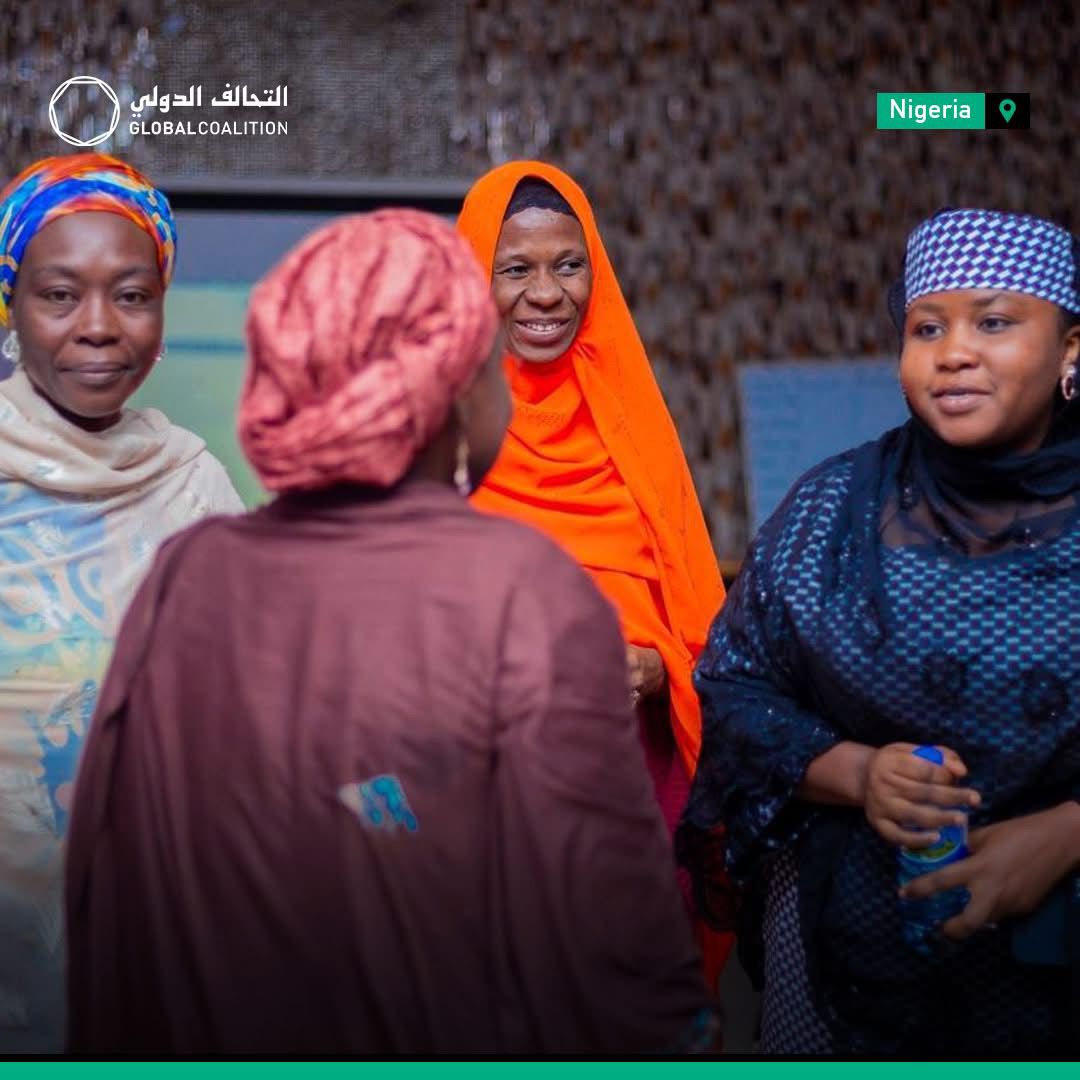By Ahmad Abubakar
Ngarannam community, once the epicenter of Boko Haram activities, is transforming into a resilient community in Borno State.
For years, its people have grappled with violence, fear, and a lingering sense of despair. Yet, in recent times, an unexpected wave of change has begun to reshape as communities continue to resettle back after the decade old insurgency activities.
At the heart of this transformation is an international program aimed at addressing one of the region’s most pressing issues: violence against children.
Residents say the initiative, known locally as UNODC STRIVE Juvenile now called ENDVAC, has brought very important interventions that are slowly helping to mend broken trust and promote a sense of hope.
In an interview, Abdulkadir Abdullahi, a young man from Ngarannam, shared his thoughts on the changes he has witnessed.
“I want to thank God for bringing this program to our community. They have done so many programs that we have benefitted from,” he said.
According to Abdulkadir, the most remarkable aspect of the initiative has been the selection of local youth as peace champions.
“In 2023 and 2024, three young people from our community were selected as peace champions. They are my friends, and they have been able to change the narratives of parents taking reckless decisions on children. We have also learned to accept those who came back from the bushes,” he added.
Abubakar Suleiman, another young resident, echoed Abdulkadir’s sentiments, highlighting the tangible impact of the peace champions.
“I don’t know who those young people were, but I heard that they were UNODC youth peace champions who mobilized resources to help vulnerable people and children,” he said.
The peace champions, trained to promote reconciliation and reintegration, have taken on an essential role in helping the community heal. Their work involves engaging families, addressing stigmas, and encouraging acceptance of children who were once part of armed groups. It’s a difficult task, but one that seems to be yielding results.
For Ngarannam residents, the program’s impact extends beyond social healing, as these youth peace champions also stepped in to assist the community during the recent devastating flood that hit Maiduguri.
It has also sparked conversations about the community’s economic challenges, particularly for women who have borne the brunt of the insurgency’s devastation.
Yagana, a mother of three, voiced her concerns. “UNODC has changed our lives, but we need them to do more. Women here struggle to support their families. Economic interventions would make a big difference,” she said.
Umar Goni Abba, another resident, praised the intervention’s focus on child protection. “Before, there was negligence when it came to children. Now, we’ve been made to learn more about protecting children from Violence as according to them(UNODC) they are primarily should be treated as victims.
The efforts of the peace champions and the organization(UNODC) that trains them complement those of the government,” he said.
While the program’s direct impact on economic empowerment is still limited, its broader influence on community resilience is undeniable.
Teachers, parents, and local leaders report a growing awareness of the dangers faced by children, not only in physical spaces but also online. The program has introduced critical knowledge that many say has changed how they approach parenting and community safety.
Despite these strides, the road to recovery remains long. The scars of violence are still visible, and rebuilding trust within the community is a gradual process. Yet, the people of Ngarannam remain determined to reclaim their future, one step at a time.
For Abdulkadir and others in the community, the journey is far from over. “This is just the beginning,” he said. “But for the first time in years, we feel like we are moving forward. That’s something we never thought possible.”
While the program continues to operate, its effects are evident in the voices of Ngarannam’s people—voices that now speak of hope and resilience rather than despair.


